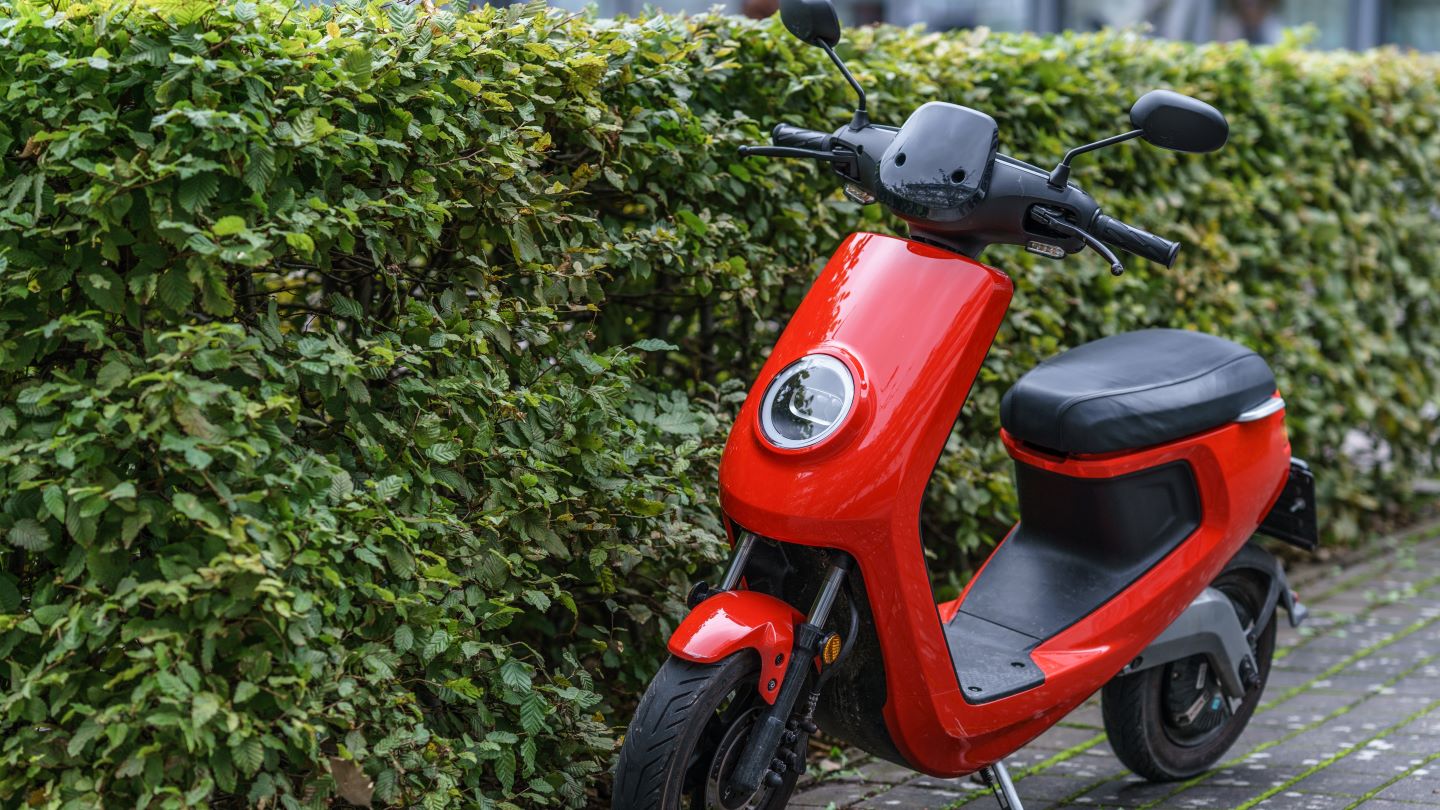Summary:
Boxing Day sales are shifting to online platforms, increasing return rates.
Over £27bn in online returns expected in the UK this year.
Companies are exploring returnless refunds to reduce waste.
ACS and (Re)vive are examples of startups profiting through innovative return processes.
Speed of returns processing is crucial for reducing waste and meeting consumer expectations.
The Boom of Online Returns
For many, Boxing Day sales are a festive tradition. However, major retailers like Next and John Lewis have shifted their focus to online sales, expecting customers to hunt for bargains digitally.
For those regretting their online purchases, the looming trip to the post office for returns is inevitable. In fact, online shopping returns are projected to exceed £27bn in the UK alone this year, with over 20% of all online non-food purchases now being returned. Alarmingly, more than half of clothing purchases are sent back.
The Challenges of Returns
Customers often express frustration over the hassle of returns, prompting many retailers to introduce charges to mitigate the denting of profit margins caused by high return volumes. Unfortunately, many returned items end up in landfills.
Innovative Solutions in Reverse Logistics
The returns industry, also known as reverse logistics, is now evolving to reduce waste and even generate profits. Some companies are exploring returnless refunds, allowing customers to keep unwanted goods, while logistics firms improve the return process. Businesses that initially focused on repair and rental are now finding new revenue streams in reselling returned items, coinciding with the growing consumer demand for secondhand clothing.
The Environmental Impact
Dr. Talia Hussain from Loughborough University highlights the environmental consequences of returns, noting that they increase traffic and emissions. Most packaging is not reused, and if the cost of processing returns exceeds potential profits, companies may choose to dispose of the items.
Case Studies of Successful Startups
ACS (Advanced Clothing Solutions) in Scotland has evolved from renting kilts to repairing and reselling returned items for high-street brands. They have partnered with Archive, a tech company that sorts secondhand clothing for resale or recycling.
(Re)vive, a startup based in America, repairs returned clothes within three weeks for resale, reporting profits exceeding $3m this year. CEO Allison Lee emphasizes the need for brands to make their return processes more sustainable to prevent unnecessary waste.
The Need for Speed
Al Gerrie, CEO of ZigZag Global, notes that the speed of processing returns significantly impacts waste. Consumers expect refunds within a week, especially during peak seasons. A recent report reveals that slow returners account for nearly half of all returns in the UK, with Gen Z shoppers particularly prone to ordering multiple sizes and colors.
The growth in return rates poses a significant threat to retailers' profitability, a reality that many are only just beginning to recognize.









Comments